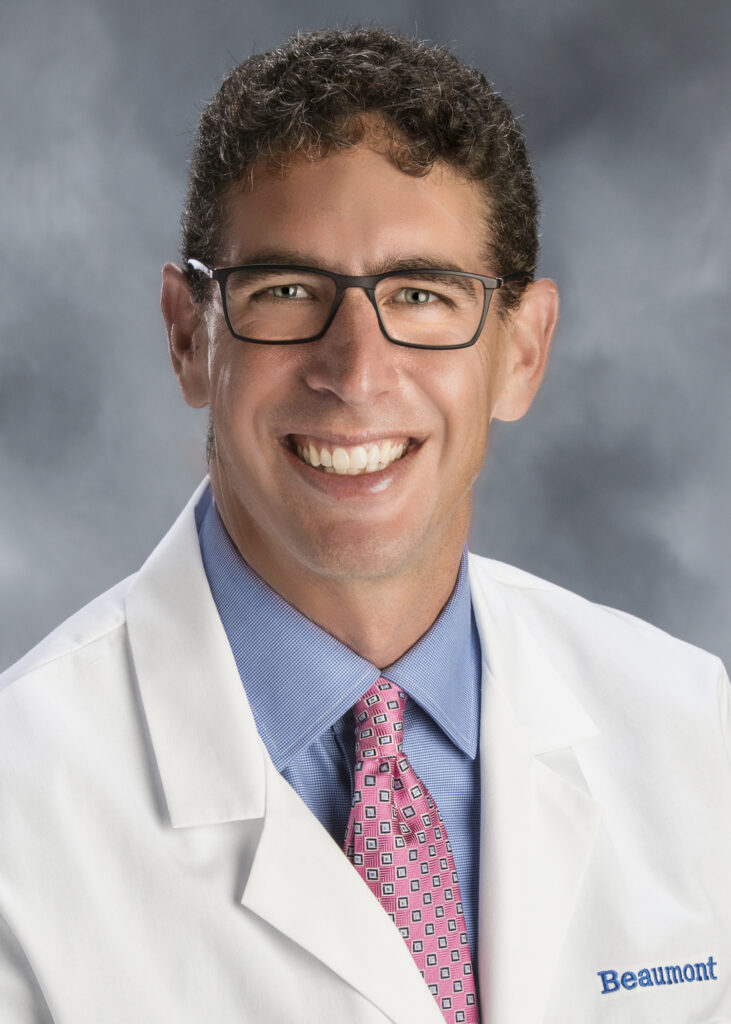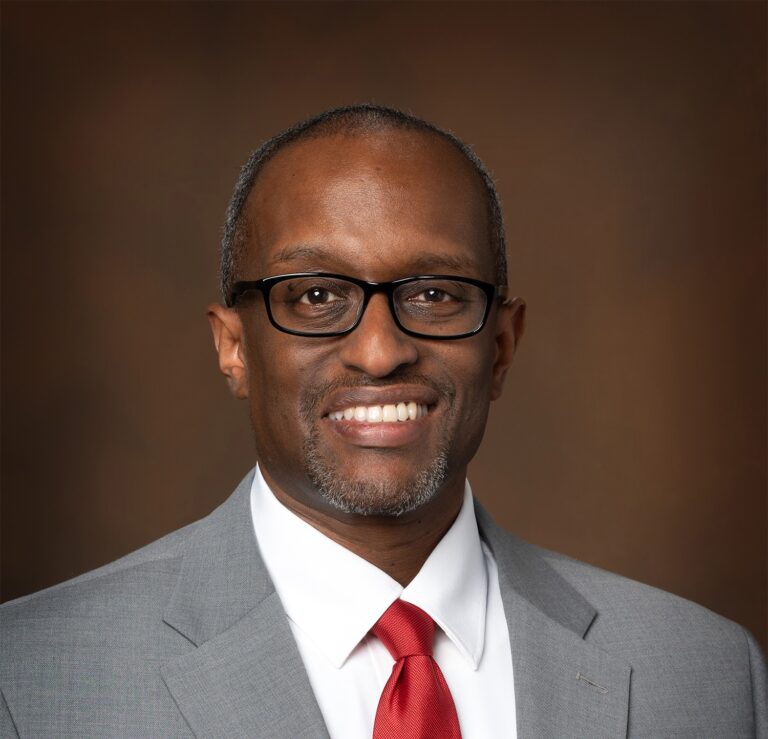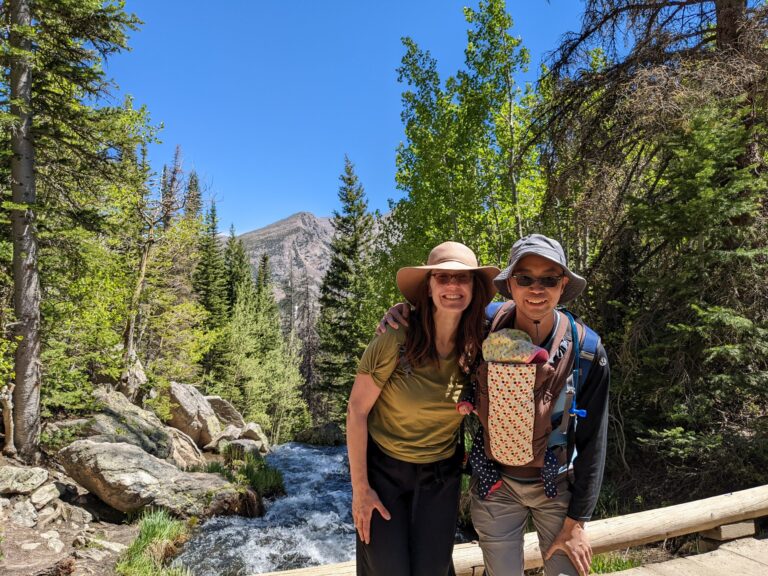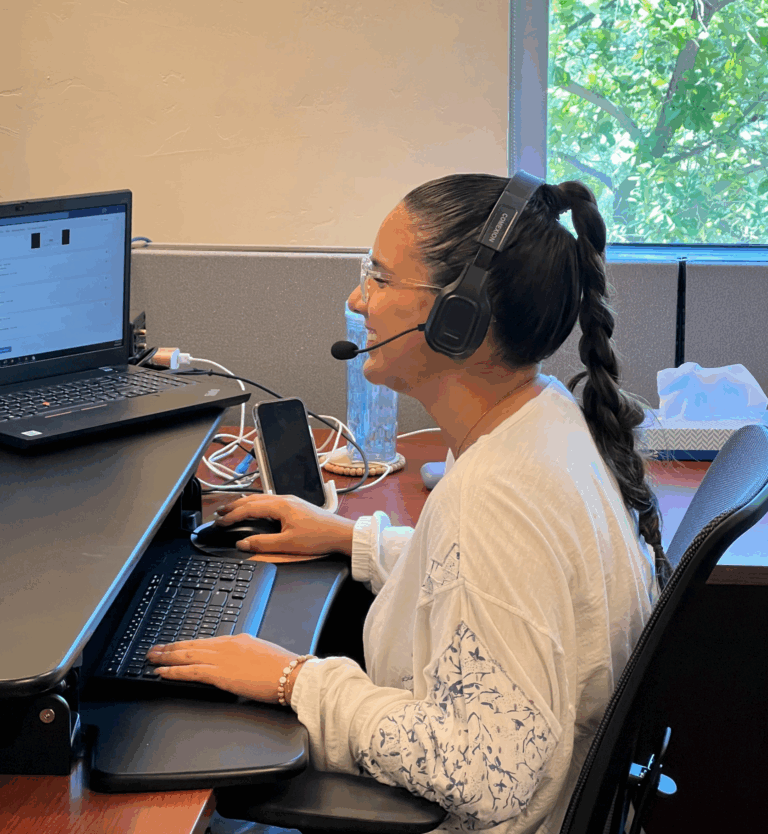Volunteer Spotlight – RO: His Exam Questions Treat Candidates with No Tricks
By Rodney Campbell, ABR Communications Manager
October 2025;18(5):10

From the perspective of Dan Krauss, MD, candidates for board certification sometimes get the wrong impression when they’re preparing for ABR exams.
Exams are nerve-wracking events but, Dr. Krauss said, volunteers want examinees to pass and have successful careers. The Initial Certification process is a barometer to measure candidate knowledge, not a process loaded with trick questions designed to foil examinees.
“I think it’s human nature to see this adversarial sort of interaction where we’re asking questions and trying to stump you,” he said. “It’s really the complete opposite.”
Dr. Krauss, an associate professor and section head of brachytherapy at Oakland University William Beaumont School of Medicine, has been an ABR volunteer for 13 years, writing GU questions for the Radiation Oncology Qualifying Exam and serving as an oral examiner.
Writing effective exam questions is something people who are new to the process need to work on to become proficient. Dr. Krauss said experience teaches volunteers what makes a question fair and relevant for candidates.
“When you’re new, you sometimes want to write that zinger of a question,” he said. “You want to come up with something clever and have it be creative and nuanced. Once you learn what (the ABR is) really looking for and the kind of items that they want, that’s not it at all. They want direct testing of a concept … clear, concise, unambiguous lines of questioning.”
Along with his volunteer experience, Dr. Krauss’ professional accomplishments make him an ideal question-writer and oral examiner. Calling his committee colleague an “acknowledged national and international expert in the treatment of prostate cancer,” Eric Horwitz, MD, said Dr. Krauss is an excellent contributor.
“Dan is a skilled clinician, and he brings a combination of clinical expertise and academic success to the committee,” said Dr. Horwitz, who’s the chair of the departments of radiology at Fox Chase Cancer Center and the Lewis Katz School of Medicine at Temple University. “He knows the data, and he knows what is important for the candidates to know to be successful board-certified radiation oncologists. He is a pleasure to work with. When we’re trying to figure out the right wording of a question, he always has a good suggestion to make it better.
Although the pandemic cut the frequency of in-person meetings and switched exams and many committee meetings to remote platforms, Dr. Krauss said he finds that being a volunteer still creates a sense of teamwork and satisfaction.
“A huge part of it is the comradery of the process and being able to work with colleagues,” he said.
During his medical training, Dr. Krauss was drawn to oncology. He originally thought that the field was too technical and that he wouldn’t have enough patient contact. Those concerns quickly went away during his rotations as he earned his medical degree at Wayne State University. He’s happy he stayed with his initial leaning.
“You have tons of opportunities to communicate with patients and explain things to them in addition to the technical side and having very discreet goals, being able to play an actual curative role in a lot of cancers because we’re delivering local therapy,” said Dr. Krauss, who completed his residency at William Beaumont Hospital. “All of those things are huge positives about the field.”
Dr. Krauss spends two days a week doing prostate brachytherapy procedures and sees patients in clinic on the other days. Working with residents is also a priority, giving him first-hand experience that he can use while writing exam questions.
“I do a lot of juggling, trying to stay active in research and education while maintaining a busy clinic schedule that only seems to get busier as time goes on,” he said.
He feels fortunate to be counted among the ABR’s volunteer ranks, one of more than 1,300 skilled professionals who write content, serve as oral examiners, or are part of Angoff or certification committees. There’s a lot to give and gain.
“I was just very flattered to have been asked,” Dr. Krauss said. “I saw it as an important way of giving back, of contributing to the specialty. You just don’t say no.”






